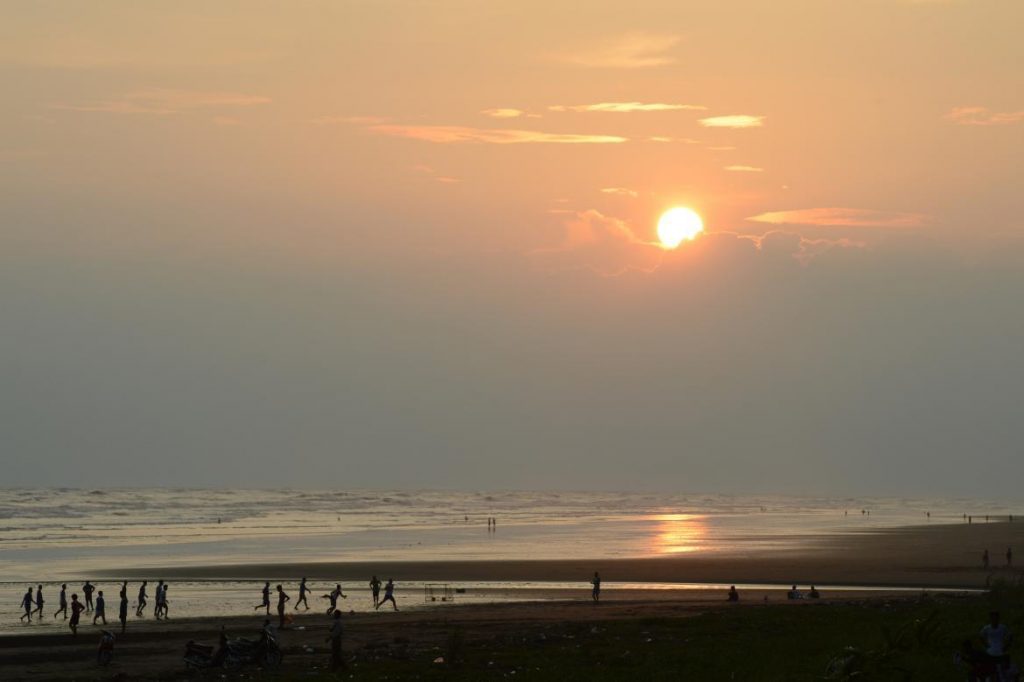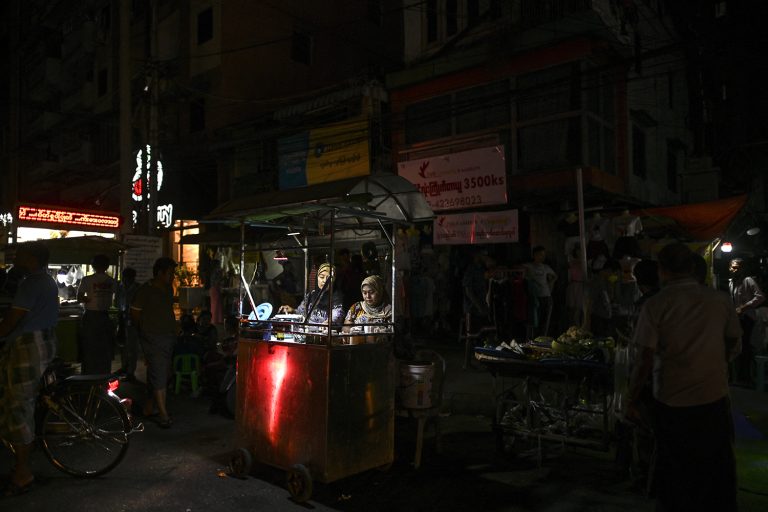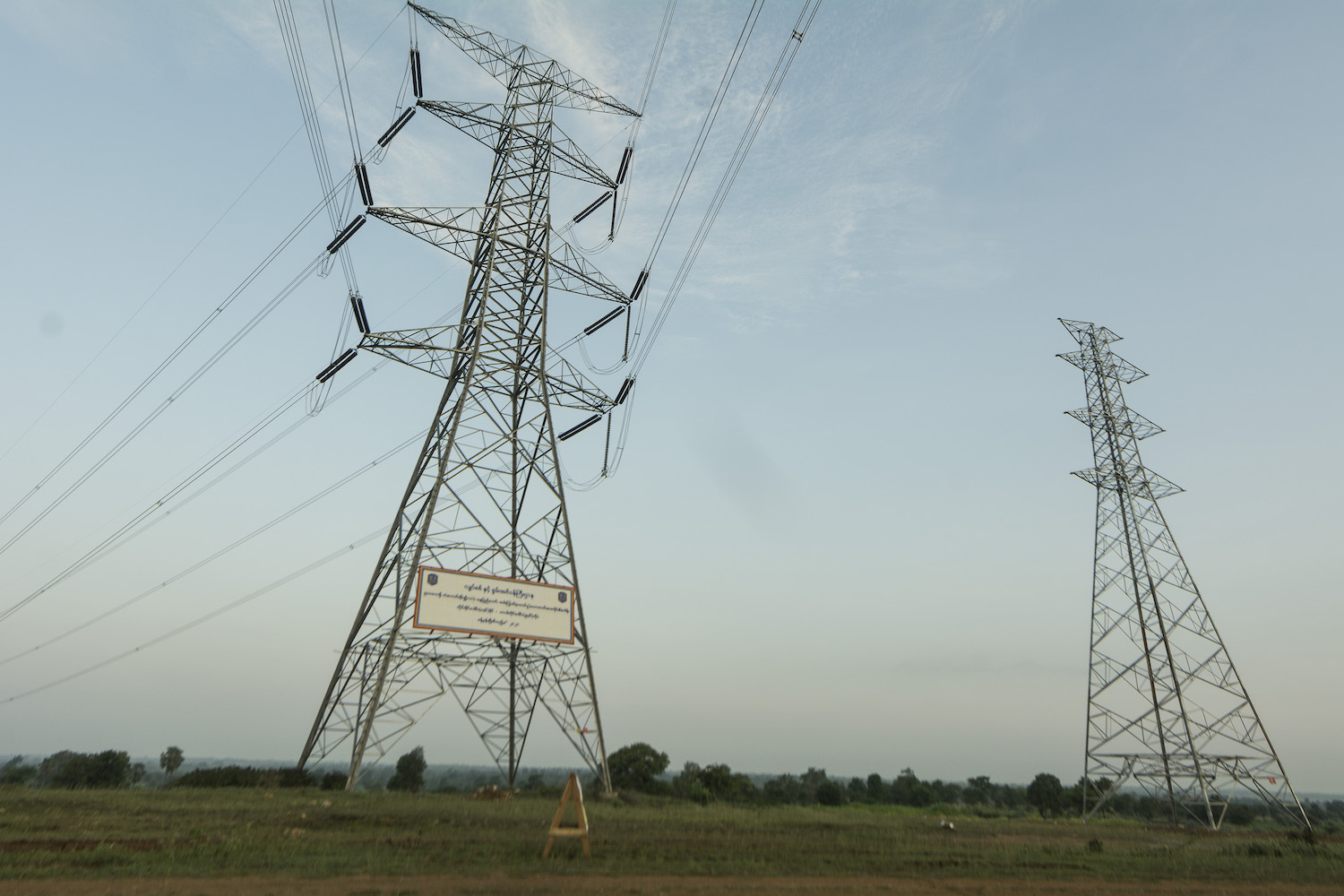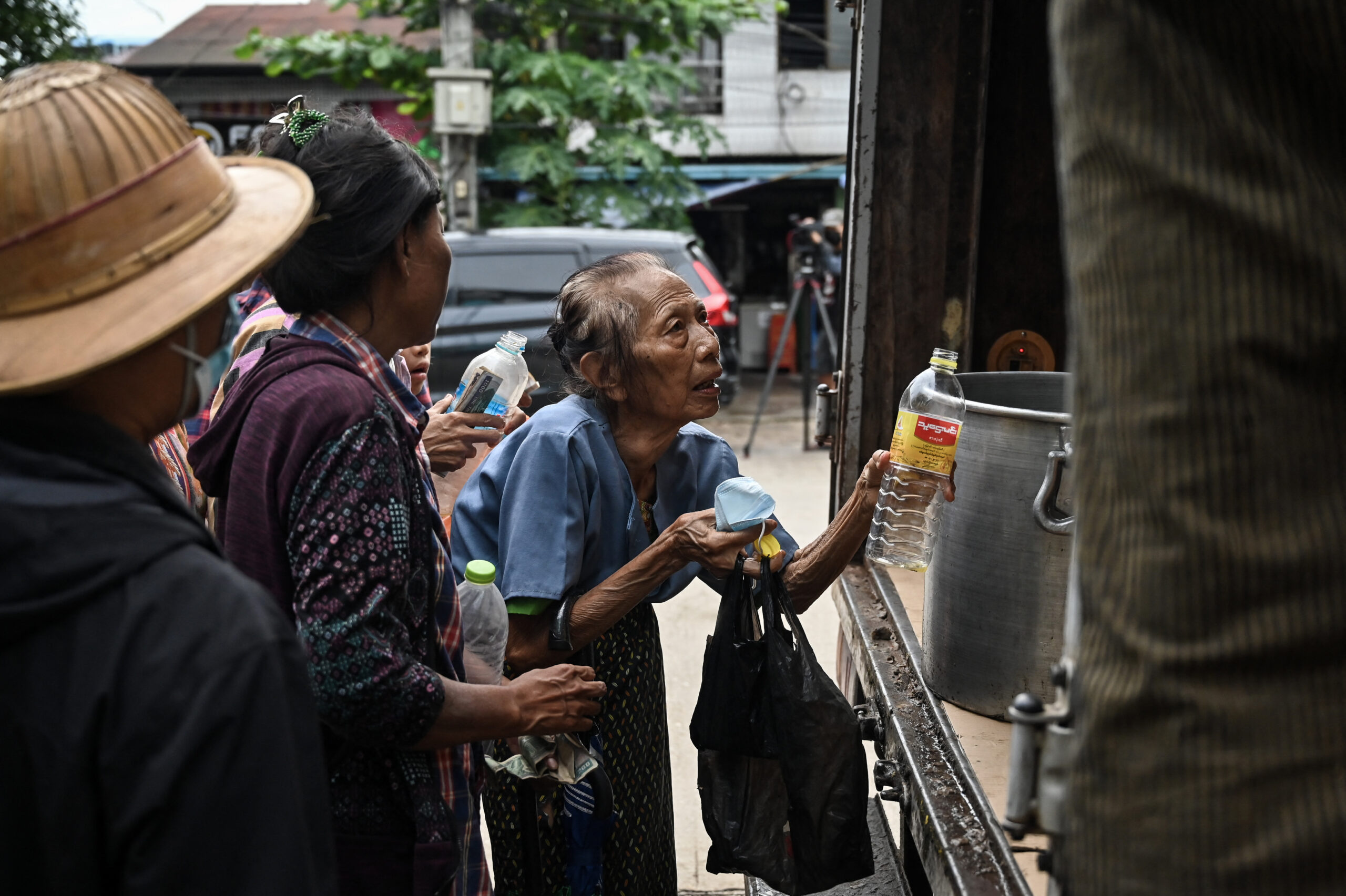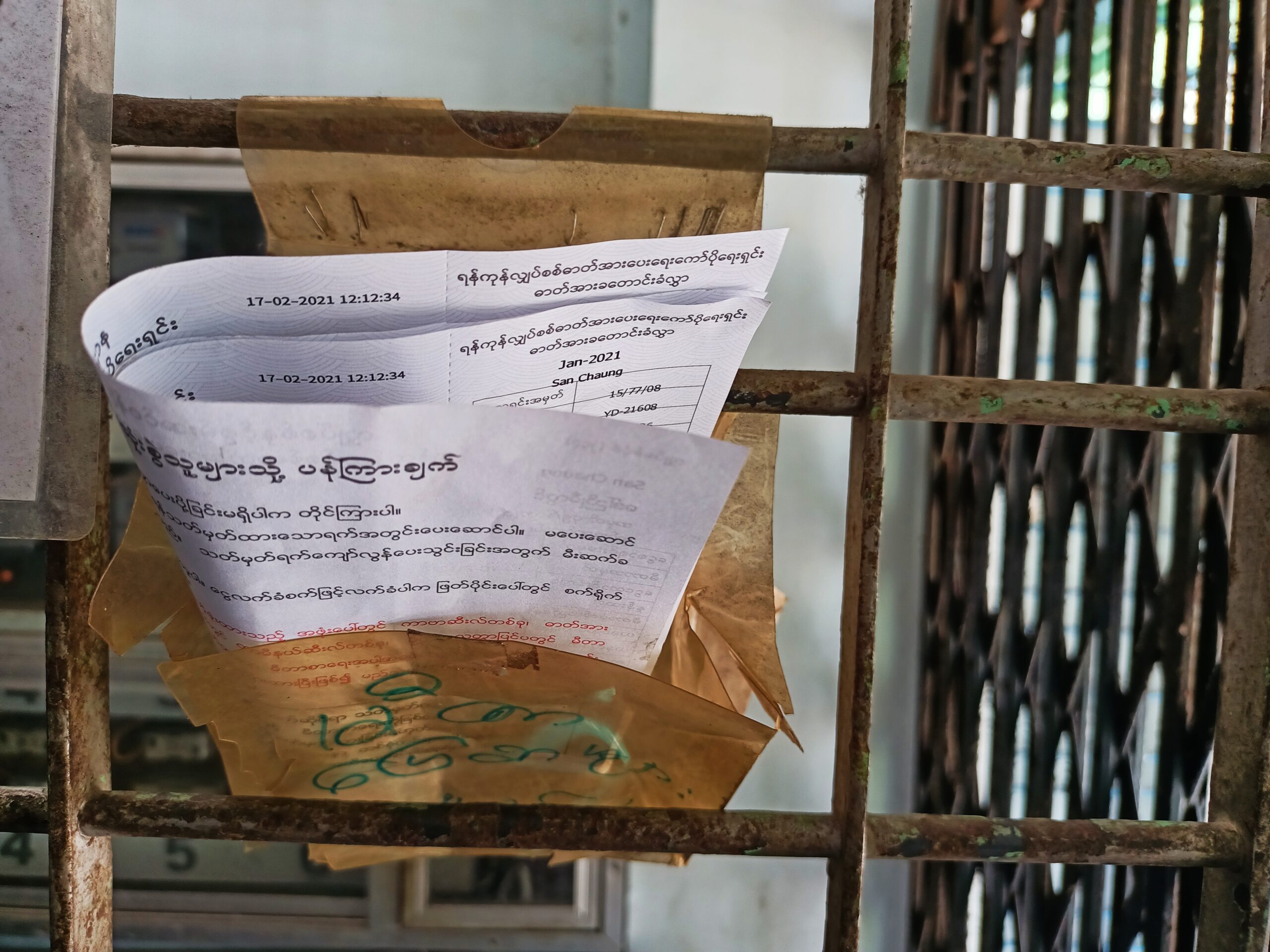By THOMAS KEAN | FRONTIER
YANGON — The Ministry of Electricity and Energy is reviewing the fiscal terms of its production sharing contracts ahead of an offshore oil and gas bidding round later this year, a senior official has told Frontier.
The review comes amid warnings from the private sector that the fiscal terms in the PSCs are deterring investment, particularly in riskier or more marginal projects.
U Zaw Aung, the director general of the Oil and Gas Planning Department, said the review of the fiscal terms was underway.
“We are looking at the terms and conditions, all of the fiscal terms, and how we will adjust them … to make [the sector] more attractive,” he said.
Support more independent journalism like this. Sign up to be a Frontier member.
“But we cannot make a decision on that alone. After meeting, we will submit it to the Ministry of Electricity and Energy office for the minister’s approval as well as [the approval of] concerned ministries.”
The “government take” – the proportion of revenues from oil and gas projects that goes to the government – can be as high as 94 percent under present production sharing contracts, according to energy research and consultancy firm Wood Mackenzie.
The high state take is one of several factors, including low oil prices and a lack of infrastructure, that has prompted many energy companies to scale back their activities in Myanmar or withdraw completely. Almost half of the offshore blocks awarded in a 2014 bidding round, for example, have already been relinquished.
Zaw Aung said the offshore tender would likely be called before the end of this year, and would follow a tender for onshore brownfield sites that is expected in the next three months.
While the plan is to only apply the new terms to future agreements and not existing contracts such as those signed by companies that won blocks in a 2014 bidding round, Zaw Aung said the government was always open to negotiation.
“Our PSC is very flexible,” he said. “If operators find a new discovery and it is not economically viable [under the current terms] we will consider because we are always trying to get mutual benefit.”
Myanmar’s existing production sharing contracts were introduced by the military regime shortly after it took power in 1988 and slowly began to open up the economy. The contract template has barely changed in the years since, except for an increase in royalties from 10 to 12.5 percent in the 2014 bidding round.
While the existing PSC structure has enabled the development of four major offshore fields, critics say it risks making the country uncompetitive at a time when low energy prices have prompted many firms to scale back exploration and development plans.
A revision of fiscal terms in the upstream sector is one of four recommendations EuroCham’s energy advocacy group has made in a position paper prepared for the Myanmar-EU Economic Forum in Nay Pyi Taw on June 6.
Industry veteran U Kyaw Kyaw Hlaing, the chairman of service provider Smart Group, agreed that it was time for a comprehensive review of the PSC structure.
“You have to understand that one size never fits everybody. [The current fiscal terms] work well for a certain type of reservoir, in terms of the volume of the reservoir and the water depth,” he said.
But he warned against tinkering at the edges, or “just picking a number”. The revision of PSC terms should be based on sound modeling and be fair for both the government and investors. “I have heard they are now starting to look into it but my concern is that I want them to do a proper model.”


